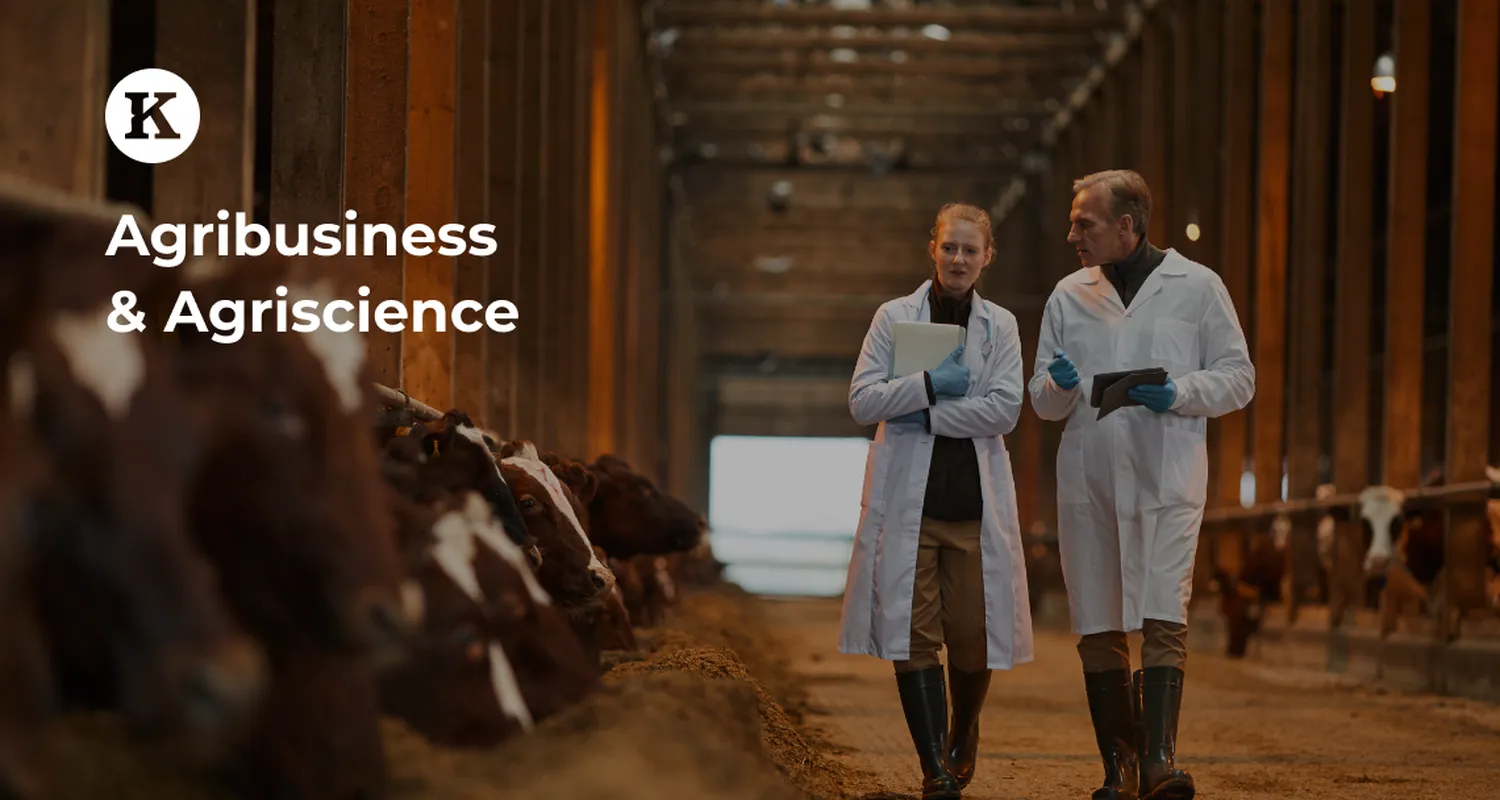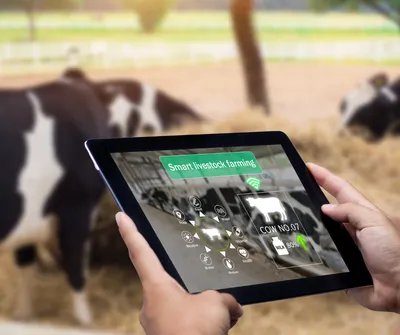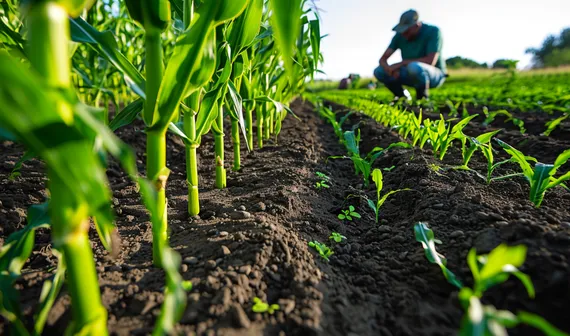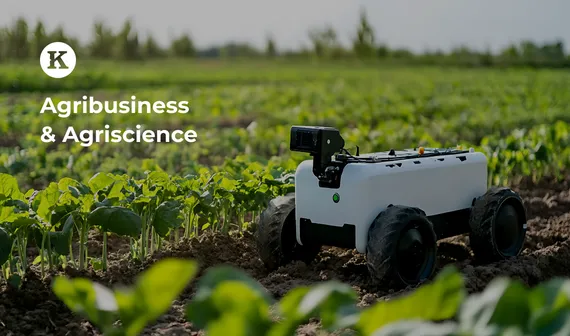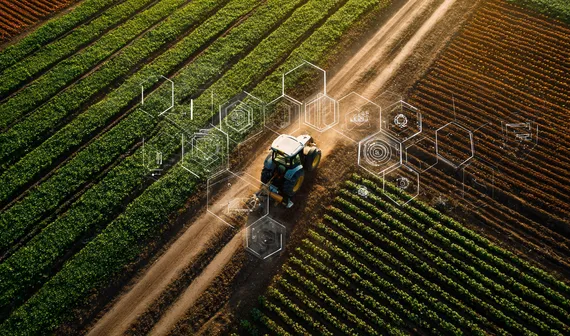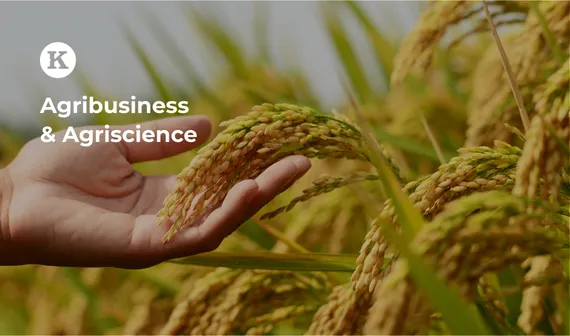The Kestria Agribusiness & Agriscience Global Practice Group has convened esteemed experts from various fields including genetics, animal feed, farming, food processing equipment, meat and poultry production and consumer end products. The collaboration of these diverse professionals is essential and exciting, bringing together a wealth of knowledge and experience to drive forward sustainable agricultural practices.
Key takeaways:
Agribusiness Innovation: The article highlights ongoing innovation in agribusiness to meet global food demands, integrating technology and sustainable practices to address challenges like climate change and population growth.
Collaboration and Expertise: Groups like the Kestria Agribusiness and Agriscience Practice Group facilitate collaboration among diverse experts, ensuring effective navigation of challenges and harnessing of opportunities in the industry.
Comprehensive Solutions: The industry focuses on speeding up innovation, reducing CO2 footprints, and ensuring food security by integrating different perspectives and fostering collaboration among stakeholders for sustainable agricultural practices.
Introduction to innovations
Cristián Meyer from Chile, Innovation Director at Agrosuper, a leading animal protein company from Chile, offers a diverse product range including pork, turkey and chicken. Agrosuper exports nearly 40% of its products internationally, with net sales of $2.7 billion, operating in over 50 countries with eight sales offices. Agrosuper's innovation model focuses on internal and open innovation. Their collaboration with startups over the past 5-6 years emphasizes building relationships with small companies for technological advantages, rather than pursuing venture capital. This venture client model has yielded $3.9 million in purchase orders from startups, mostly from Chile. The company’s vertically integrated structure allows startups to work across the value chain. They aim to enhance their startup scouting globally, focusing on the US, Mexico, and Israel. Agrosuper’s commitment to leveraging innovation and technology to drive growth and efficiency worldwide.
Giovanni Cennini from the Netherlands, Director of Research and Development at Moba represents the manufacturer's perspective on equipment used in processing and packaging consumer products. Moba is renowned globally for egg processing equipment, generating around 200 million euros in annual revenue due to the growing demand for eggs driven by population growth and the expanding middle class. An estimated 1 to 1.2 billion eggs are processed daily, using data collection and mining to enhance value across the entire value chain. Their focus is on driving sustainable profitability, offering solutions that minimize resource usage, such as reducing water consumption and addressing labor shortages to lower environmental impact. In the Netherlands, the government’s push to reduce emissions poses new challenges for farmers, which Moba sees as opportunities. Innovation in agribusiness involves leveraging technology like AI and automation to meet these challenges and improve processes. Their philosophy is to continuously create value for their customers and themselves by addressing these challenges head-on.
